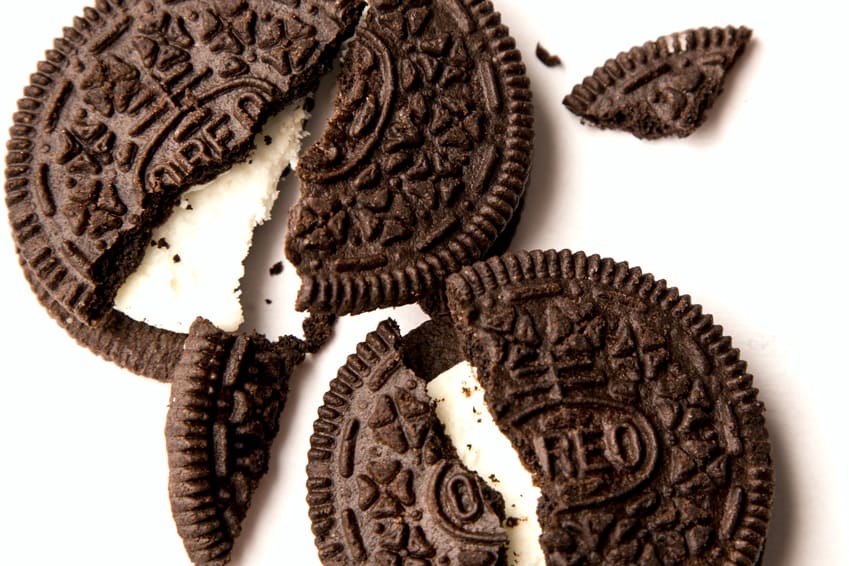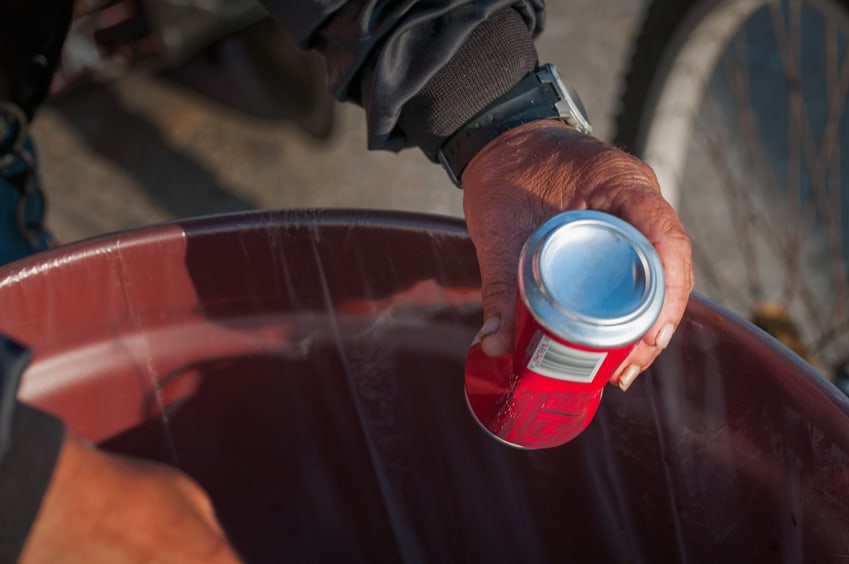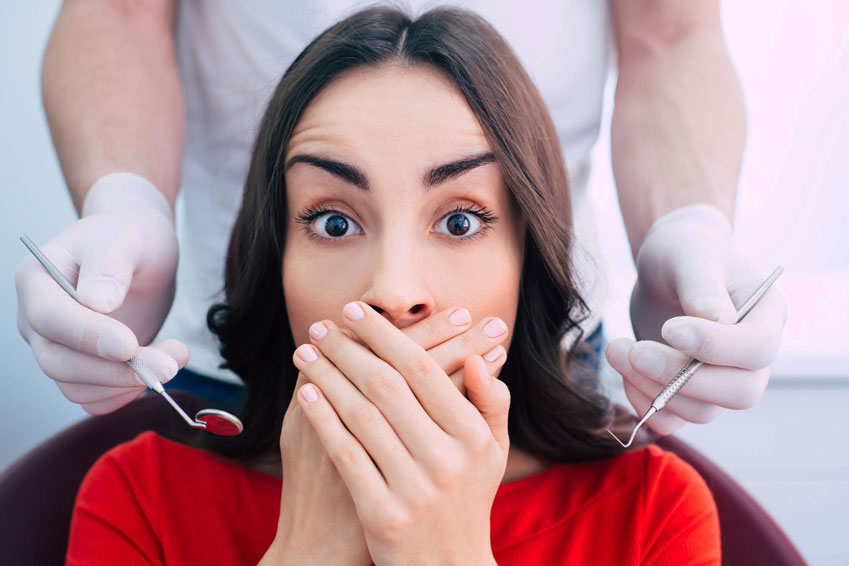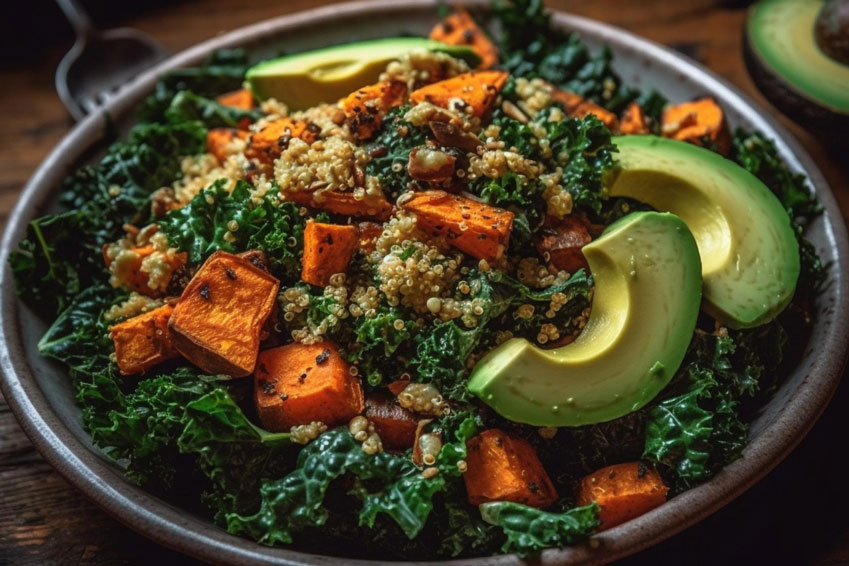While you may know that snacking is bad for your body, you may not realize it can affect your oral health as well.
The best way to prevent health issues and protect your teeth and gums is to remain active, eat nutritious food, and avoid unnecessary snacking. Here are the facts!
By gaining a better understanding of acid production in your mouth and learning how to effectively prevent the enamel erosion it causes, you can avoid the potential damage snacking has on oral health.
Here are some of the things you must understand in order to keep your teeth and gums healthy:
1. Acid that helps digestion can harm teeth.
Eating unhealthy food can increase your weight, especially when that food is unhealthy. However, eating does much more than adding inches to your waistline; it can also harm your teeth. Whenever you eat something, your mouth creates acid to break down the food and help with digestion. Proper digestion allows your body to absorb needed vitamins, minerals, and proteins. That same acid that helps digestion, though, can cause issues with your gums and teeth if you’re not careful. The acid in your mouth can promote the development of oral bacteria and weaken the enamel on your teeth. Consuming foods high in sugar and carbohydrates makes that acid even more dangerous to your teeth and gums.
2. The duration of eating affects acid production.
Eating frequently produces more acid, but the duration of eating can be even more harmful to your teeth and gums. When you nibble on food and sip soda or juice for an extended period as a snack, you expose your teeth and gums to acid for as long as you’re eating. That acid production then continues for at least 20 minutes after you finish eating.
3. The “right time” to indulge
Although it’s best to avoid foods high in sugar and carbohydrates, if you have a sweet tooth that you can’t ignore, there are ways of doing so that are less harmful to your teeth and gums. Rather than snacking on something sweet between meals, have your dessert following a meal because your mouth is already producing acid. This is less harmful than eating something sweet later and reactivating the acid for a new attack.

4. Brushing properly
You may be tempted to brush your teeth immediately following a meal, but it’s better to wait at least 20 minutes. When you’re eating, the enamel on your teeth is vulnerable to the acid produced in your mouth and can become softened. If you brush right away, you risk damaging or removing that weakened enamel. By waiting 20-30 minutes to brush, you’re giving the acid-filled saliva time to diminish. If you can’t brush following a meal, rinsing with water can help.

5. Combating dry mouth
Despite the fact that the acid in saliva can harm enamel, saliva is necessary to keep your mouth clean of bacteria. Saliva helps remove oral bacteria from the mouth constantly and if you suffer from dry mouth, your mouth is susceptible to higher levels of bacteria. To combat severe dry mouth caused by medical conditions or medications, talk to your dentist about the best oral rinse to replenish oral moisture.
For dry mouth caused by alcohol or caffeine consumption, consider cutting back on those drinks and consuming more water. Tobacco use can also cause dry mouth as well as damage to teeth, gums, and your overall health, so it’s best to quit.
It’s not always easy to eat healthily, but by changing some of your eating habits, you can help protect your teeth, gums, and body. If you’re someone who prefers snacking during the day, try switching from chips and sweets to healthier foods such as apples, celery or carrots. These healthy foods can help clean your teeth and gums, reduce the amount of acid produced, help you feel fuller, and improve your overall well-being.
Make sure you address any concerns you have during your next visit to a dental professional.



















